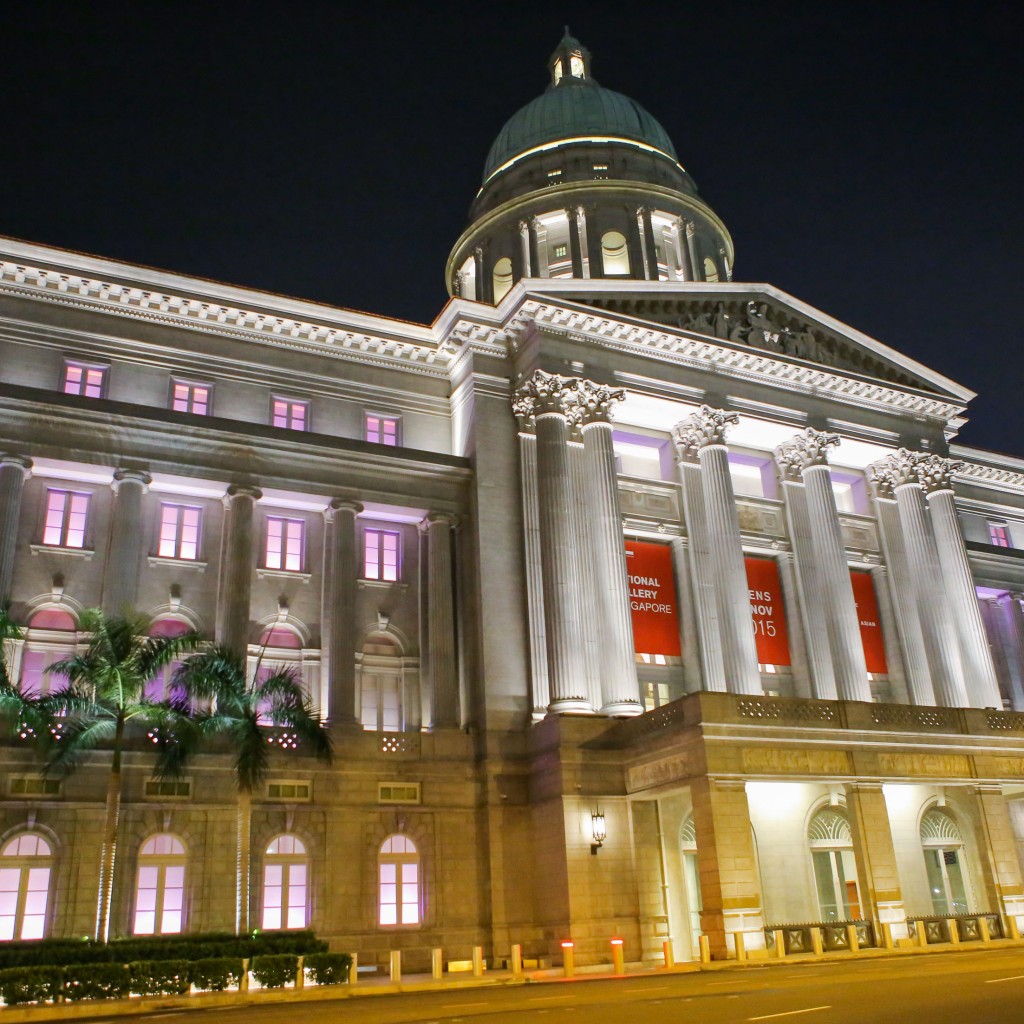Amos Yee, Free Speech, and Maintaining Religious Harmony in Singapore
August 27, 2019

In August 1992, the Maintenance of Religious Harmony Act came into effect, with the intention of preserving religious harmony and ensuring that religion is not used to instigate any political causes or to organize any subversive activities in Singapore. A similar piece of legislation is Section 298A of the Penal Code, which states that one can be punished with imprisonment and/or a fine, if one is found deliberately trying to wound the sentiments of racial or religious groups. The enactment of such pieces of legislation have largely helped Singapore society maintain racial and religious harmony.
A recent episode required the enforcement of this law. On 27 March 2015, four days after the death of former Prime Minister Lee Kuan Yew, Singaporean blogger Amos Yee posted an insensitive video online criticizing the late Lee by drawing an unfavourable analogy between him and Jesus. This sparked outrage amongst Singaporeans, and Yee was subsequently charged under Section 298. However, the international community had a contrasting perspective, with the foreign press reporting this incident as a government attempt to silence criticism of the former Prime Minister. Indeed, there is often a delicate balance between allowing a certain degree of freedom of speech and staying on the right side of the law.
‘Amos Yee, free speech, and maintaining religious harmony in Singapore’ (University of Pennsylvania Asian Law Review, 2016) by Dr George Radics (NUS Sociology) reviews the facts of the case and the history of the law. It situates the law in the larger “defamation of religions” resolution debate in the United Nations from 1999 to 2010 and reviews legal restrictions on free speech in the United States and Europe. Dr Radics suggests that Section 298 together with other local laws help preserve racial and religious harmony and prevent radicalization of religious minorities. He notes that despite the law seemingly being oppressive towards freedom of speech for democratic nations, it was drafted in response to Singapore’s specific socio-historical context and has worked well in achieving its objectives. Dr Radics asserts that complications exist in freedom of rights and freedom of speech, and they are both ultimately context-dependent.
Read the article here.
